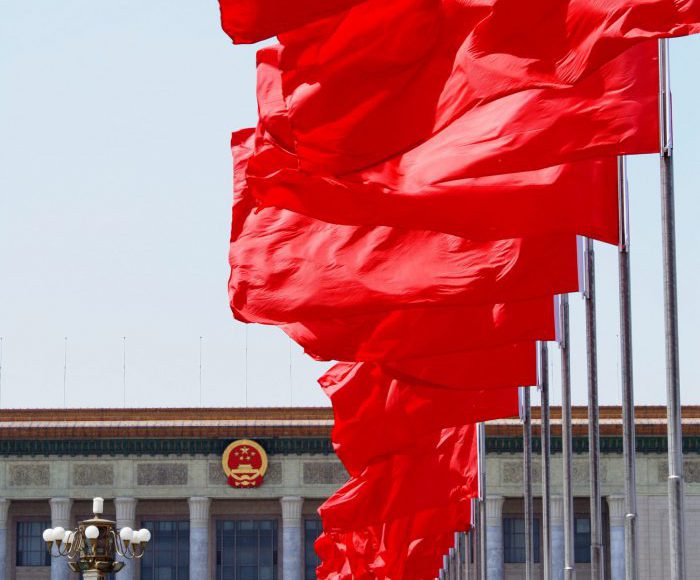Chinese authorities are intensifying restrictions on capital outflows by limiting access to funds investing in offshore securities as the country grapples with a severe market downturn.
According to the Financial Times, approximately one-third of Chinese funds investing in foreign securities through a scheme bypassing strict capital controls have suspended or capped sales to retail investors, with managers citing the need to maintain stable operations and protect investor interests.
The surge in popularity of foreign-targeted funds among retail investors has raised concerns about capital outflows, with the FT having previously reported that China’s major fund houses were nearing government quota limits on offshore investment.
The government’s Qualified Domestic Institutional Investor (QDII) scheme allows institutions to bypass capital controls, and buying into funds offered through this scheme is the only legal way for Chinese retail investors to access foreign stocks and bonds.
Investor demand has led some funds to reach their quota, prompting regulators to direct others to slow or halt sales.
Public filings reveal that 79 Chinese QDII funds have suspended sales, and 53 have capped them, accounting for about 30 percent of all QDII funds targeting non-Hong Kong overseas markets, including those operated by JPMorgan Asset Management and Manulife Investment Management.
Regulators, led by the Shanghai Stock Exchange, are also cracking down on “abnormal trading” in exchange-traded funds (ETFs) investing in foreign equities.
Brokerages selling funds through the QDII scheme reported regulatory measures against ETF transactions, particularly those tracking the MSCI USA 50, Nasdaq 100, and Japan’s Nikkei 225 indices.
In a separate move to support Chinese share prices amidst a sharp decline, authorities have reportedly instructed some institutional investors not to sell domestic stocks.
Since October, regulators have provided private instructions, known as “window guidance,” preventing certain investors from being net sellers on specific days.
China’s benchmark CSI 300 index has fallen nearly 5 percent since the start of 2024, fueled by disappointment with government policies and concerns about a slow economic rebound.











